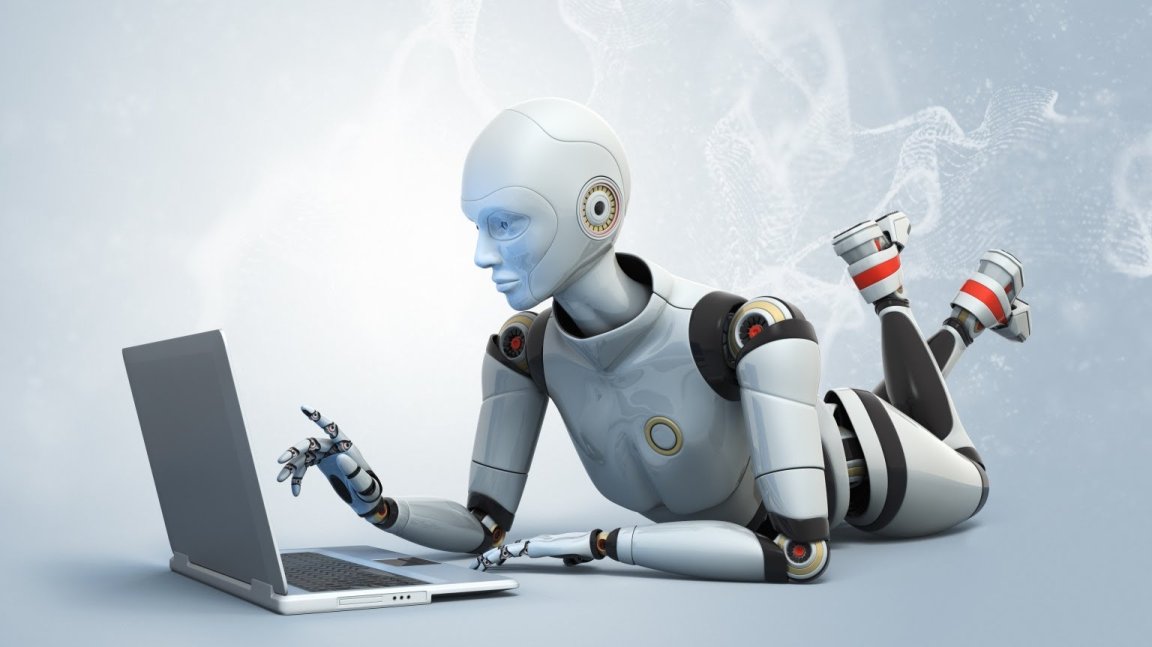
The Age of Chatbots
Ray Kurzweil is a computer scientist and futurist. His name is virtually synonymous with technology, particularly with technology that is related to artificial intelligence. In fact, he was hired by Google in 2012 as a director of engineering to work on natural language recognition.
But we didn’t really know much about what he’s doing there. Until now.
In a recent Singularity conference where, quite naturally, Kurzweil appeared via telepresence robot, he revealed that he and his team have been working on chatbots. More importantly, chatbots that will be released later this year.
The revelation came after he was asked when he thought people would be able to have meaningful conversations with artificial intelligence, the type that is indistinguishable from a normal human conversation.
“That’s very relevant to what I’m doing at Google,” Kurzweil said in the interview. “My team, among other things, is working on chatbots. We expect to release some chatbots you can talk to later this year.”

Human-Like Robot
Kurzweil, other than being a name in technology, is also popular for his predictions. These focus on how science and technology will progress and change the world. He is a “prophet” of the Singularity, which deals with the time when artificial intelligence will surpass humans in ability and intellectual capacity.
Of 147 predictions since the 90’s, he has a 86% accuracy rate.
To that end, Kurzweil did not shy away from making predictions at the interview. One of the chatbots, named Danielle, is based on a character (also Danielle) from an unpublished book named…surprise, surprise, Danielle. More importantly, its speech is based on the character’s dialog. He cited Danielle as an example of how people could create their own unique chatbot by feeding it a large sample of writing.
This would allow the bot to adopt your “style, personality, and ideas.”
More importantly, he predicted on the future of the technology. While he believes his chatbots will allow for interesting conversation, he asserts that we’ll have to wait until 2029 for them to have human-level language abilities. He claims that, at that point, artificial intelligence will be able to pass the Turing test, meaning they will be indistinguishable from a real person in a blind test.